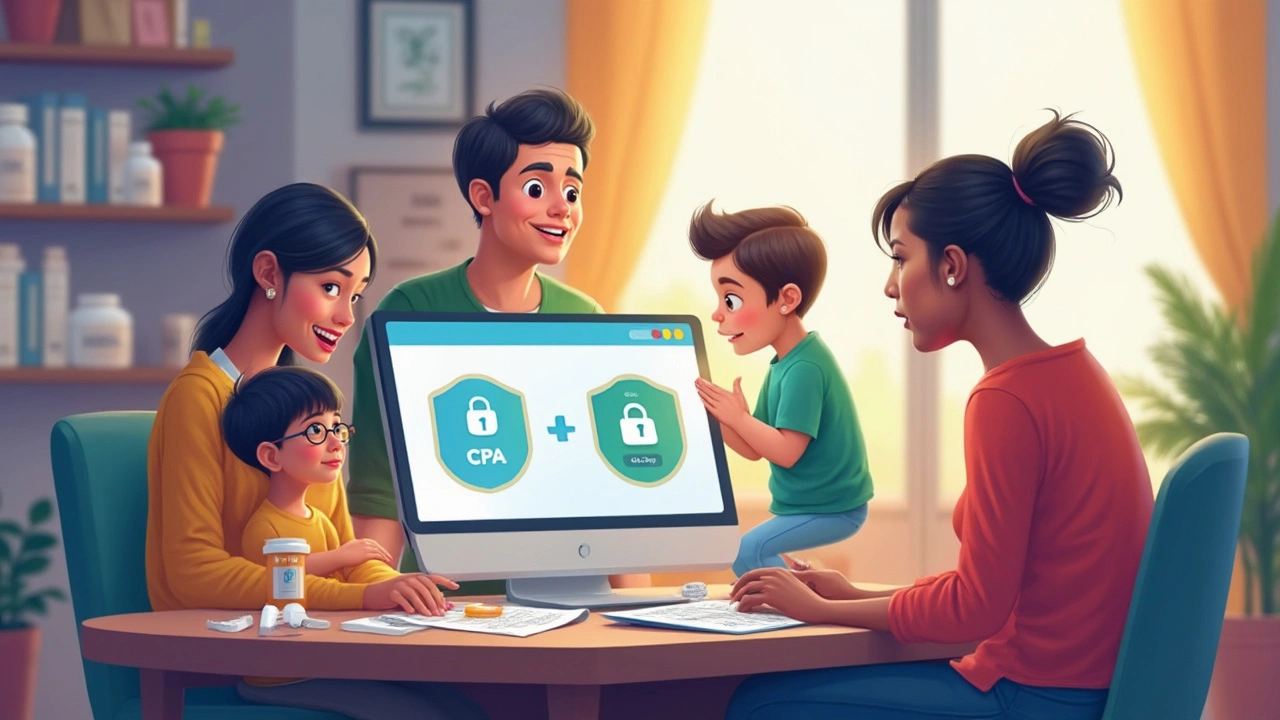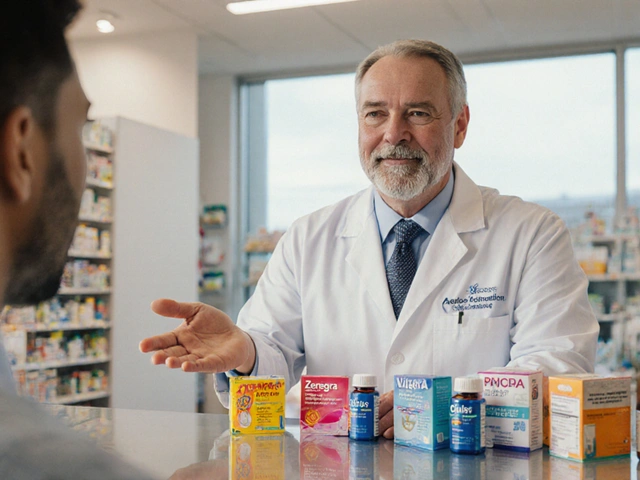SSL Encryption: Your First Line of Defense Online
If you've ever noticed a little padlock icon next to a website's URL, that's SSL encryption at work. It might sound complicated, but in simple terms, SSL (Secure Sockets Layer) is what keeps the information you share on websites—from passwords to credit card numbers—locked up tight and away from prying eyes.
Think about when you shop online or log in to your email. Without SSL, your data travels across the internet in plain text, kind of like sending a postcard anyone could read. SSL encrypts this information, turning it into a secret code that only the website you're dealing with can unlock. This means hackers or anyone snooping can't make sense of it, protecting your privacy and security.
How to Know if a Website Uses SSL Encryption
You're probably wondering how to tell if SSL is protecting you. Start by looking at the web address. Does it begin with "https://" rather than just "http://"? That extra 's' stands for "secure." Plus, most browsers show a padlock icon near the URL; clicking it gives you details about the site's security.
But keep in mind, SSL alone doesn't guarantee a site's trustworthiness—it just secures the connection. Always check for other signs like reviews, contact info, and professional design to avoid scams.
Why SSL Encryption Matters Beyond Shopping
SSL isn't just for online stores. If you use any service that asks for personal info—social media, banking, healthcare portals—it should have SSL enabled. Without it, your details could get intercepted or tampered with. It's also a factor in how search engines rank websites, so sites use SSL to show they care about user safety.
In short, SSL encryption is a simple yet powerful tool to help keep your online life private and secure. Next time you visit a website, check that padlock and take comfort knowing SSL is working behind the scenes to protect your data.





